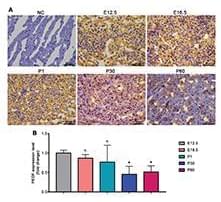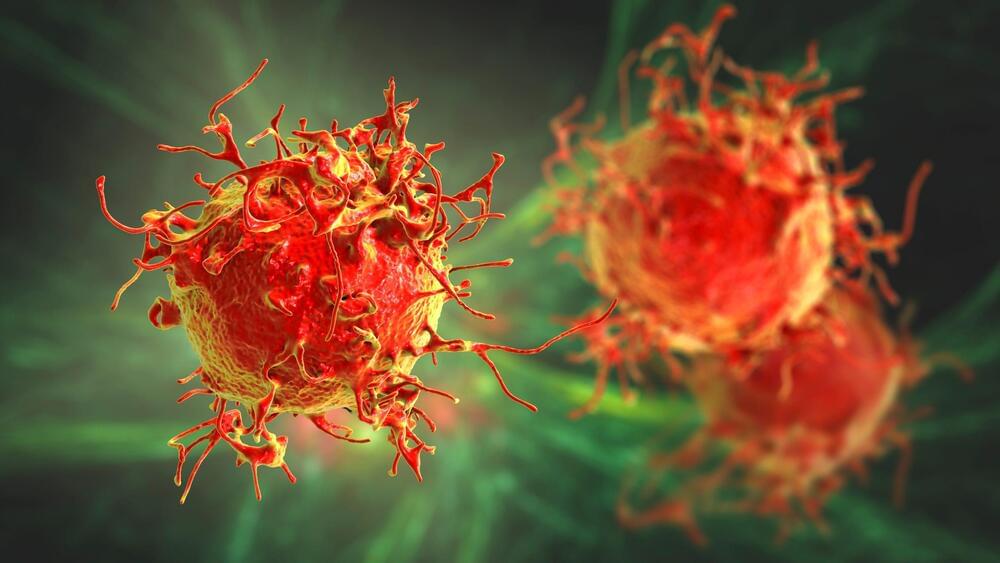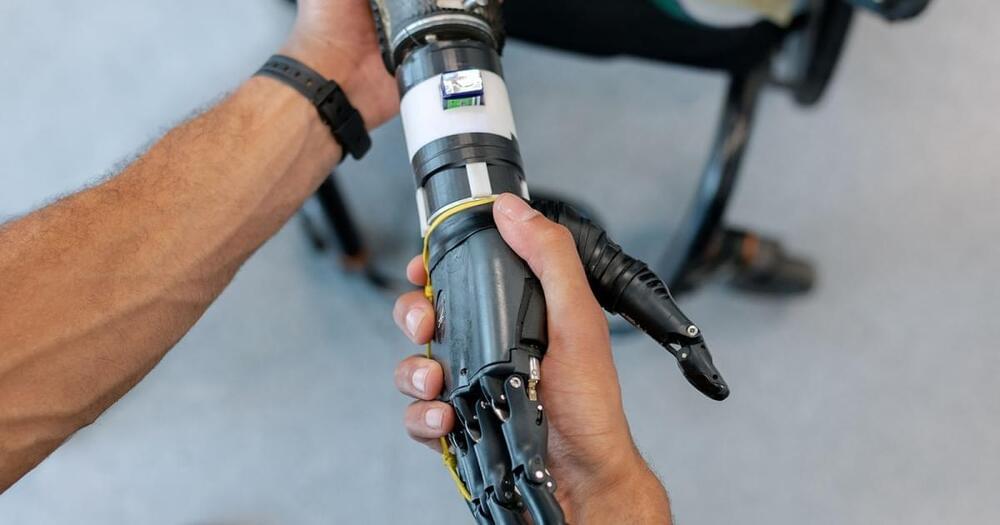Jul 11, 2023
How Deep Sleep Brain Waves Can Impact Blood Sugar Levels
Posted by Shubham Ghosh Roy in categories: biotech/medical, neuroscience
Summary: Deep-sleep brain waves could be a significant factor in regulating blood sugar. The research shows that a combination of sleep spindles and slow waves can predict an increase in insulin sensitivity, subsequently lowering glucose levels.
This discovery highlights sleep as a potential lifestyle adjustment to improve blood sugar control and manage diabetes. Furthermore, these deep-sleep brain waves could also be used to predict an individual’s next-day glucose levels, proving more accurate than traditional sleep metrics.


















